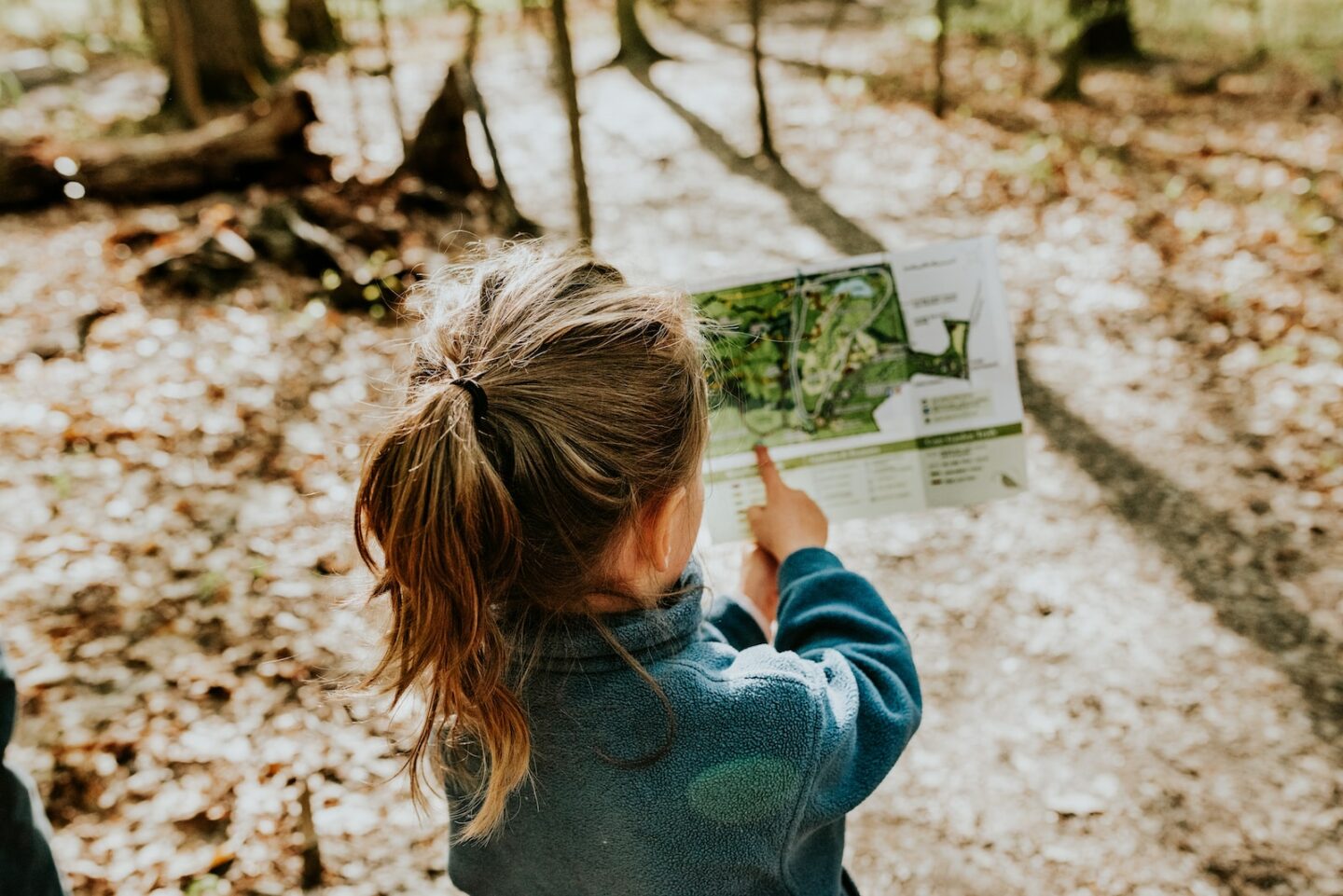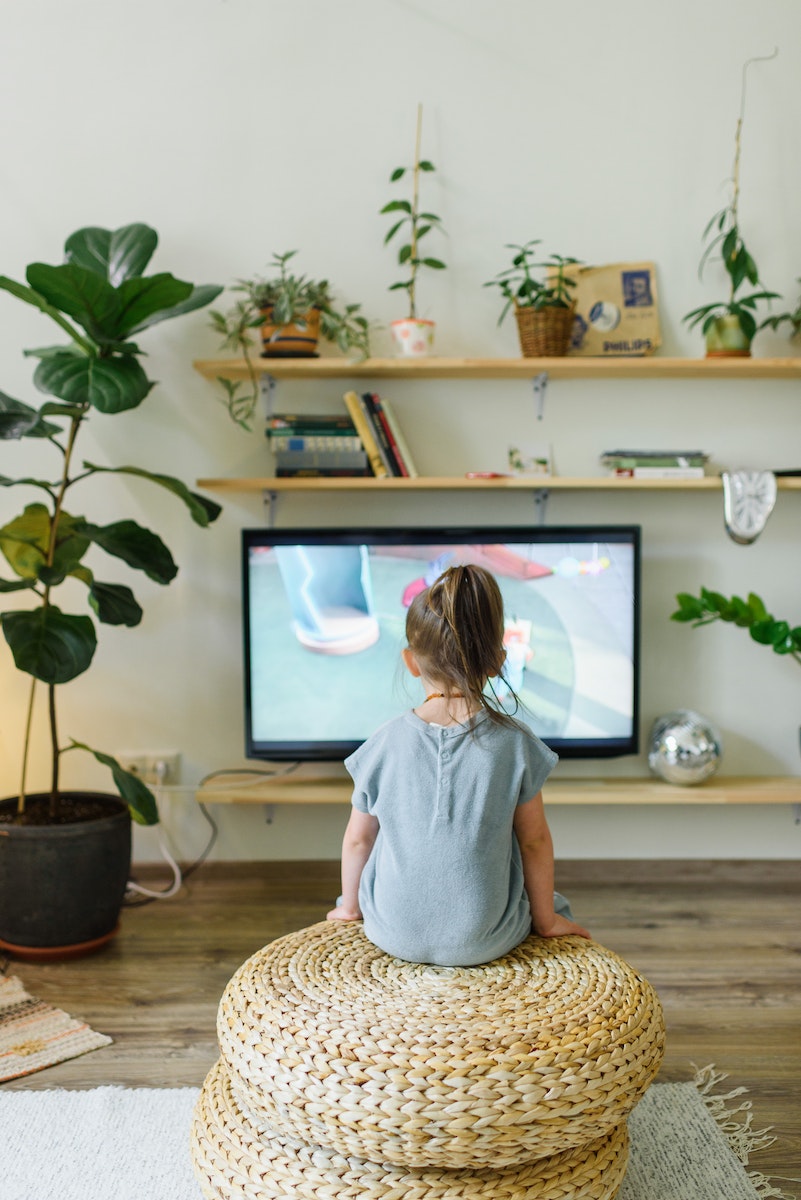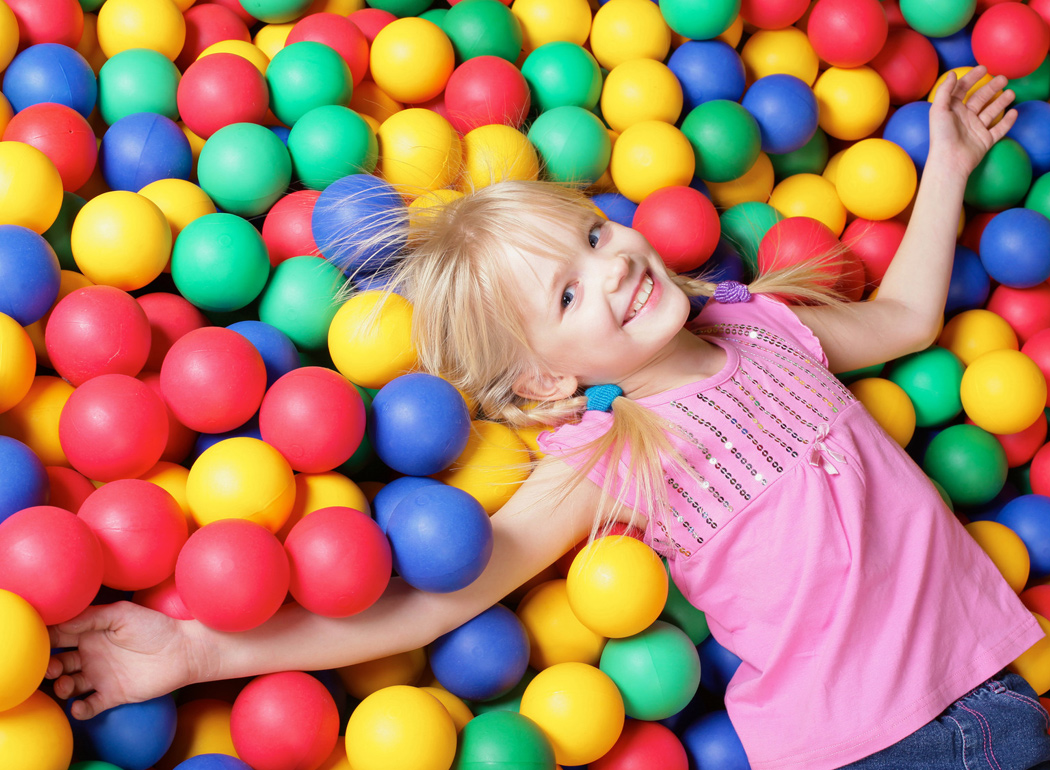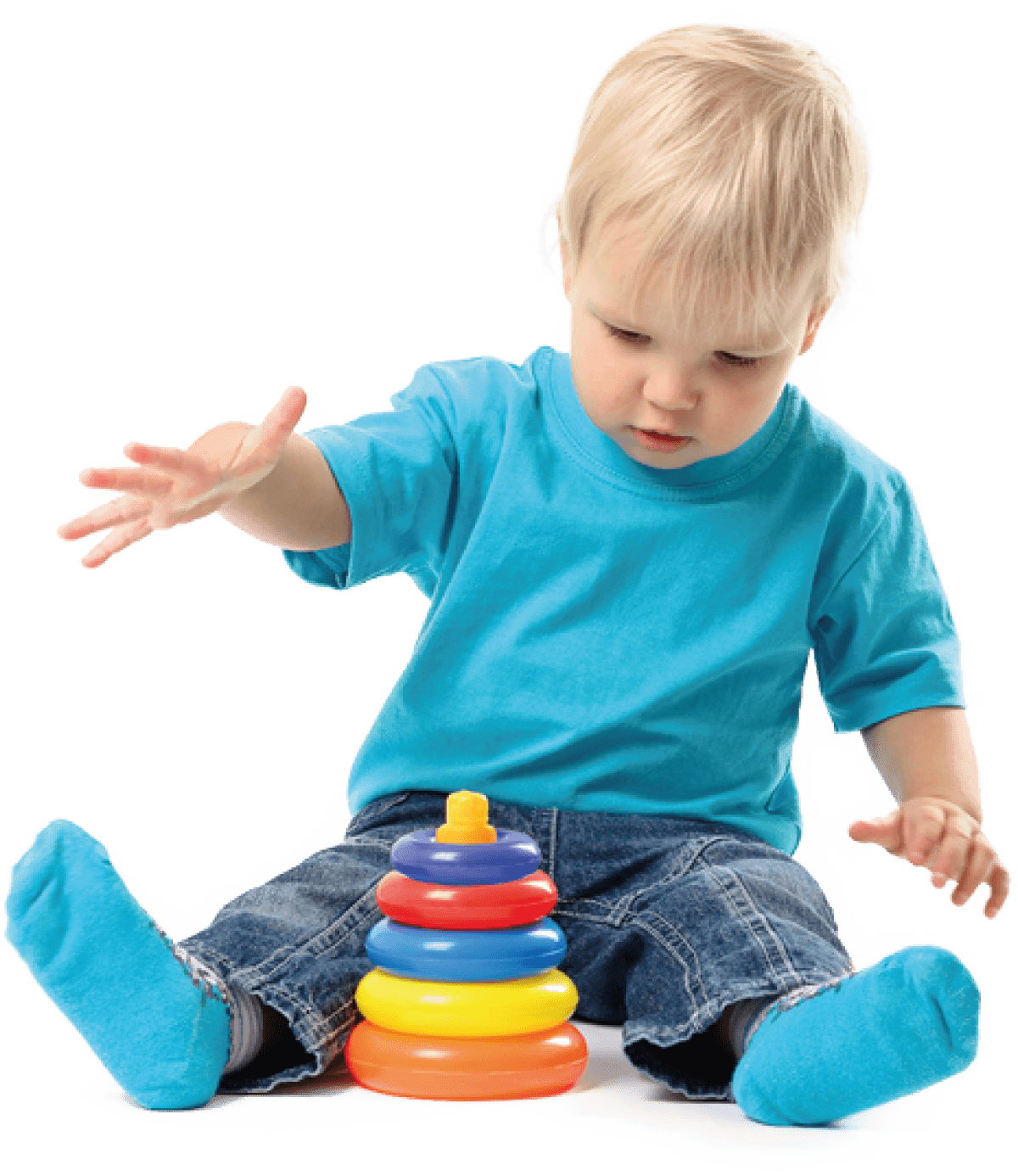In a world filled with structured schedules and academic demands, we often underestimate the power of play in a child's development. But what if we told you that play is not just about fun and games? It's a gateway to a world of learning, creativity, and imagination! In this blog post, we will dive into the captivating realm of play and explore how it holds the key to unlocking your child's full potential. Get ready to embrace the magic and discover the transformative power of play!
The Art of Exploration
Play provides children with the freedom to explore and make sense of the world around them. Whether it's building sandcastles at the beach, creating an elaborate imaginary world, or experimenting with art supplies, play sparks curiosity and encourages children to engage with their environment. Through exploration, they develop essential cognitive skills such as problem-solving, critical thinking, and decision-making.

Learning through Imagination
When children engage in imaginative play, they step into a world where anything is possible. From pretending to be superheroes to setting up a restaurant in their play kitchen, imaginative play nurtures creativity and storytelling skills. As they create characters, scenarios, and narratives, children develop their language and communication skills, while also honing their ability to think outside the box and approach challenges with innovative solutions.
Social Skills and Collaboration
Play acts as a social laboratory, allowing children to practice and refine their social skills. Whether it's engaging in make-believe scenarios with peers, negotiating roles and rules, or collaborating on a construction project, play provides valuable opportunities for children to develop empathy, communication, and teamwork. These skills are vital for building meaningful relationships, resolving conflicts, and thriving in social settings.
Emotional Well-being and Resilience
Play is a powerful outlet for emotions, allowing children to express themselves, process challenging experiences, and develop emotional resilience. Whether they're engaged in physical play, engaging in arts and crafts, or engaging in pretend play, children have the opportunity to explore their emotions in a safe and supportive environment. Play promotes emotional regulation, self-expression, and empathy towards others, fostering healthy emotional development.
Language and Literacy Development
Play lays the foundation for language and literacy skills, setting the stage for a lifelong love of reading and learning. When children engage in pretend play or engage in storytelling, they naturally use language to communicate their ideas and narratives. Through these interactions, they expand their vocabulary, enhance their language fluency, and develop early literacy skills, which are fundamental for academic success.

Problem Solving and Adaptability
Play often presents children with challenges and obstacles, requiring them to think critically and problem-solve. Whether it's building a tower with blocks, creating a maze for toy cars, or completing a puzzle, play fosters a sense of resilience, perseverance, and adaptability. As children navigate through these challenges, they develop essential skills such as planning, strategizing, and flexible thinking, which are essential for success in various aspects of life.
Learning through Hands-On Experiences
Play allows children to engage in hands-on experiences, which have a profound impact on their learning. Whether they're conducting science experiments, engaging in sensory play, or exploring nature, children actively construct knowledge through their senses. These tactile experiences deepen their understanding of concepts, spark their curiosity, and promote a deeper connection with the world around them.
Play is a gateway to boundless learning and creativity in the world of children.
By providing them with opportunities for unstructured play, we unleash their imagination, nurture their cognitive and social skills, and ignite their passion for exploration and discovery. So, let's celebrate the power of play and embrace its magic in our children's lives!
How can we as parents encourage and support play
As parents and caregivers, there are several ways we can encourage and support the power of play in our children's lives:
Create a Play-Friendly Environment
Designate a dedicated play area in your home where your child can freely explore and engage in different types of play. Stock it with age-appropriate toys, art supplies, books, and open-ended materials that encourage creativity and imagination.
Embrace Unstructured Play
Allow your child to engage in unstructured play, where they have the freedom to direct their own activities and create their own narratives. Avoid over-scheduling and let them take the lead in their playtime, as this promotes independence, problem-solving, and decision-making skills.
Join in the Fun
Don't be a sideline observer; jump into the play with your child! Become their playmate, co-creator, and collaborator. Get down on the floor, build forts together, participate in imaginative scenarios, and let your inner child come alive. Your active involvement not only strengthens your bond but also models the importance of play and creativity.
Encourage a Variety of Play Experiences
Expose your child to a diverse range of play experiences, from physical play like outdoor activities and sports to creative play such as painting, sculpting, and music. Introduce them to different types of play and support their interests as they discover new passions.
Limit Screen Time
While technology has its benefits, excessive screen time can hinder the power of play. Set healthy boundaries around screen time and prioritize hands-on, interactive play experiences that stimulate imagination and creativity.

Provide Open-Ended Toys and Materials
Opt for toys and materials that encourage open-ended play, where there are no predetermined outcomes. Building blocks, art supplies, dress-up clothes, and natural objects like sticks and shells can all inspire limitless possibilities for play and creativity.
Foster a Playful Learning Mindset
Help your child see the connection between play and learning. Encourage them to reflect on their play experiences, ask questions, and make observations. Engage in conversations that highlight the skills and knowledge they acquire through play, fostering a growth mindset and a love for lifelong learning.
Summary
Remember, play is not just a break from learning; it is a vital component of it. By embracing the power of play, we create an environment that nurtures our children's cognitive, emotional, social, and physical development. So, let's celebrate the joy, wonder, and transformative impact of play as we witness our children blossom into curious learners, creative thinkers, and confident individuals.
Together, let's unleash the magic of play and empower our children to reach new heights of learning, imagination, and success. Because when children play, they are not just having fun — they are becoming the architects of their own growth and happiness.

